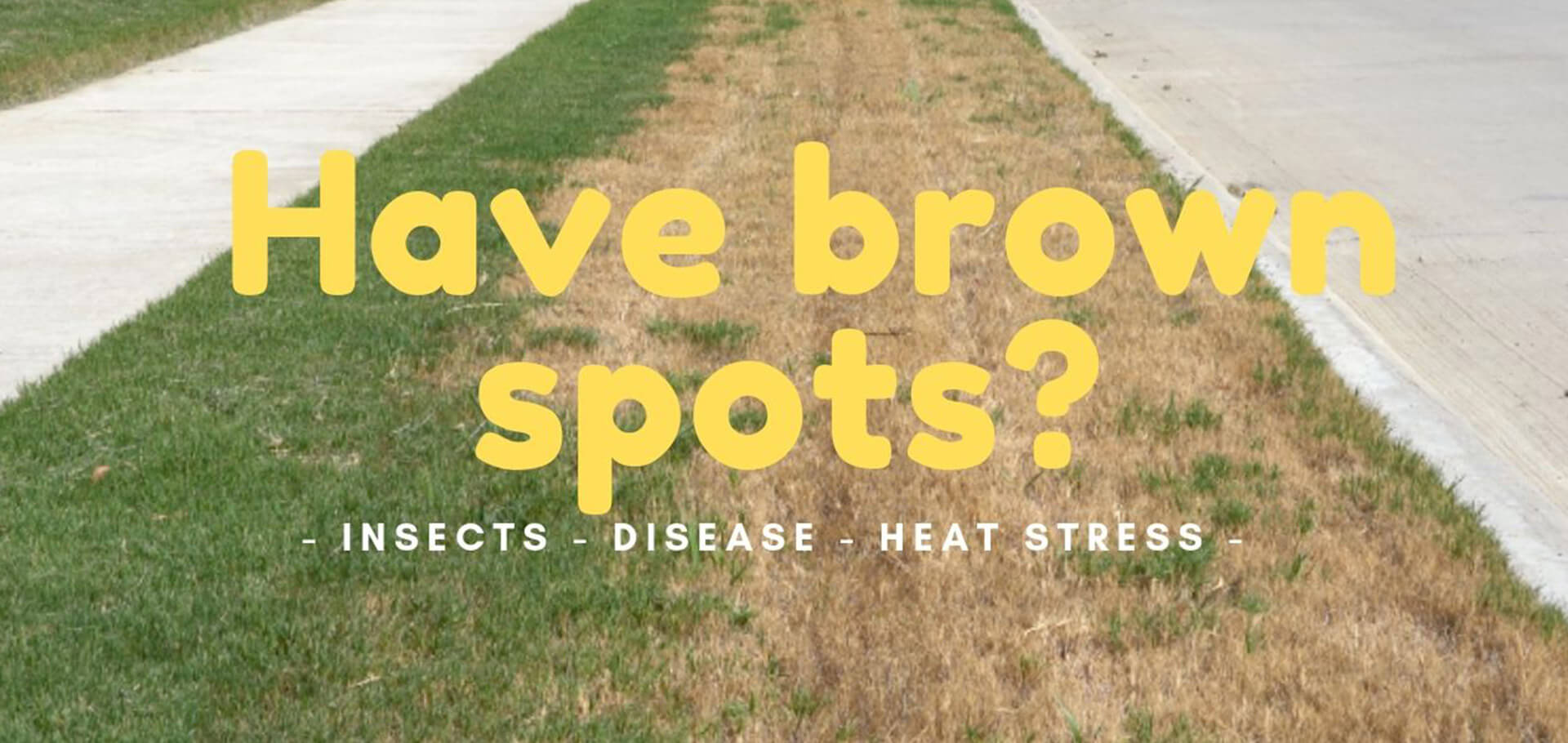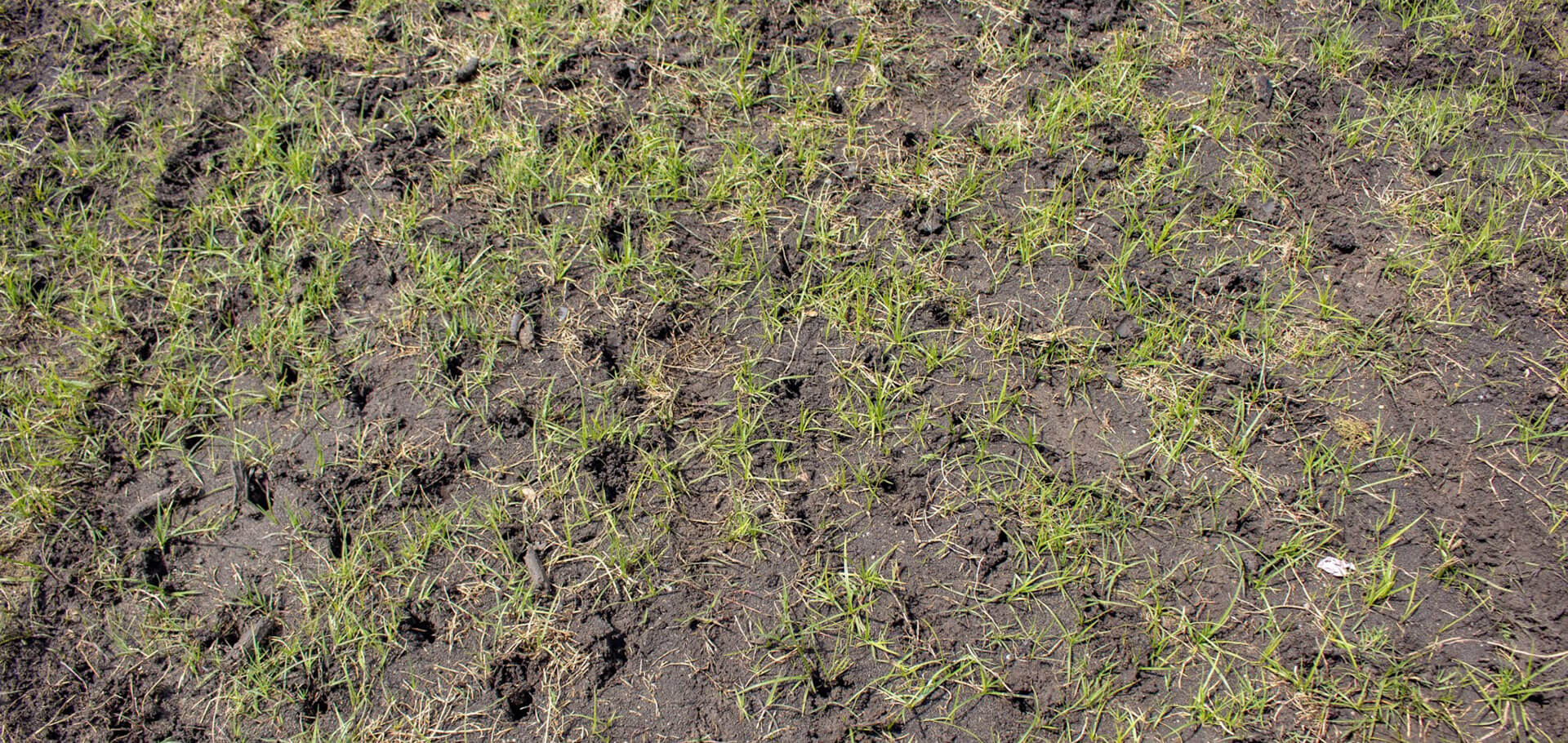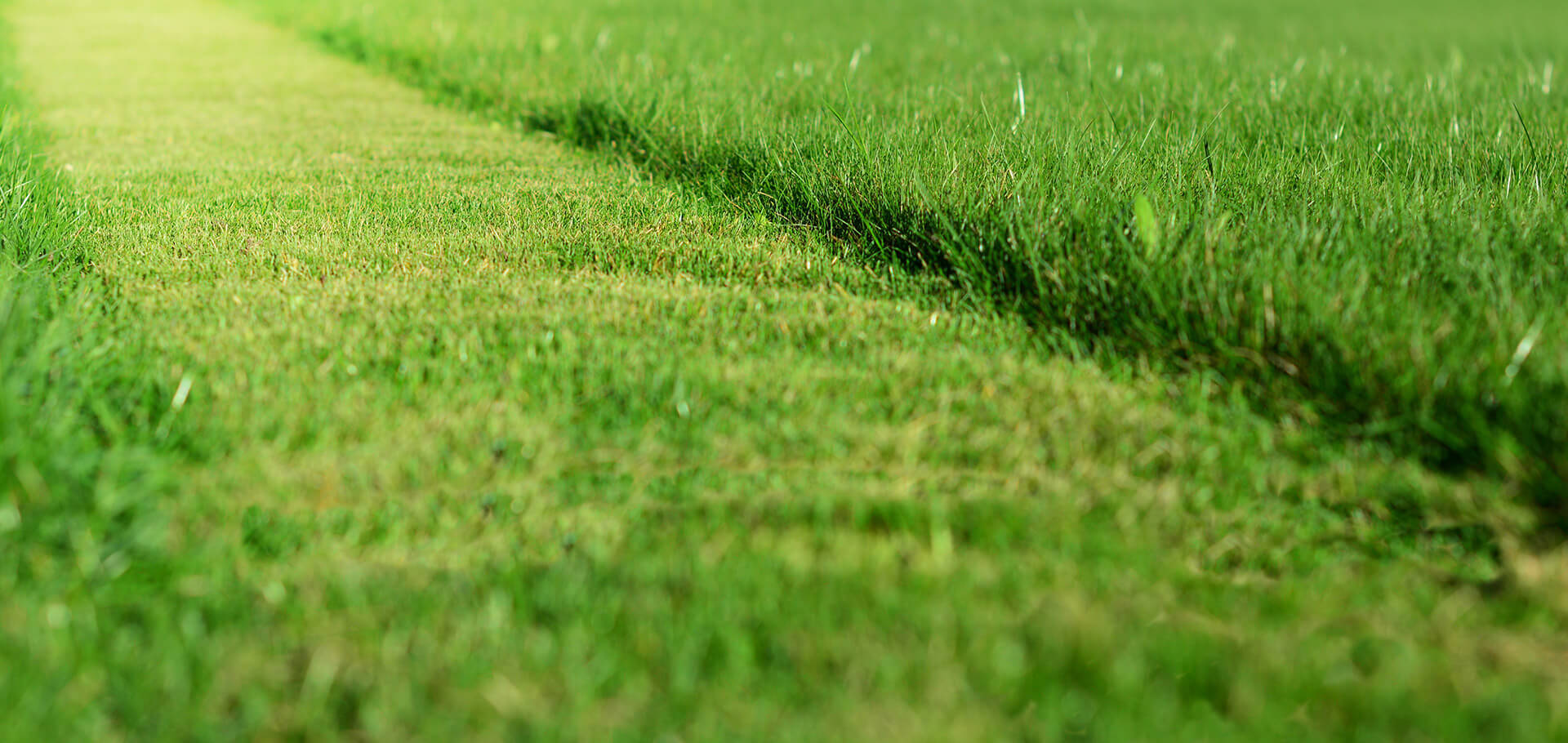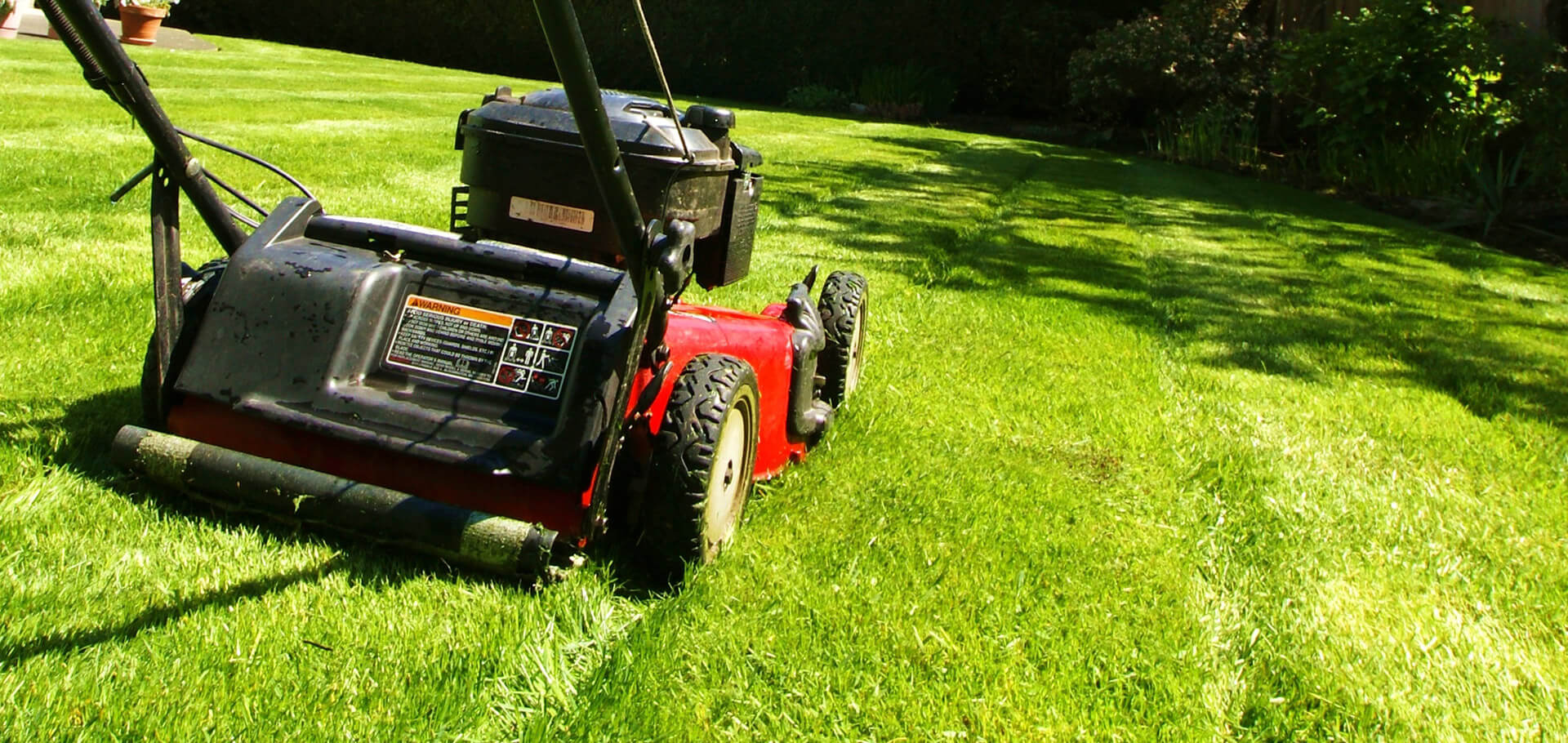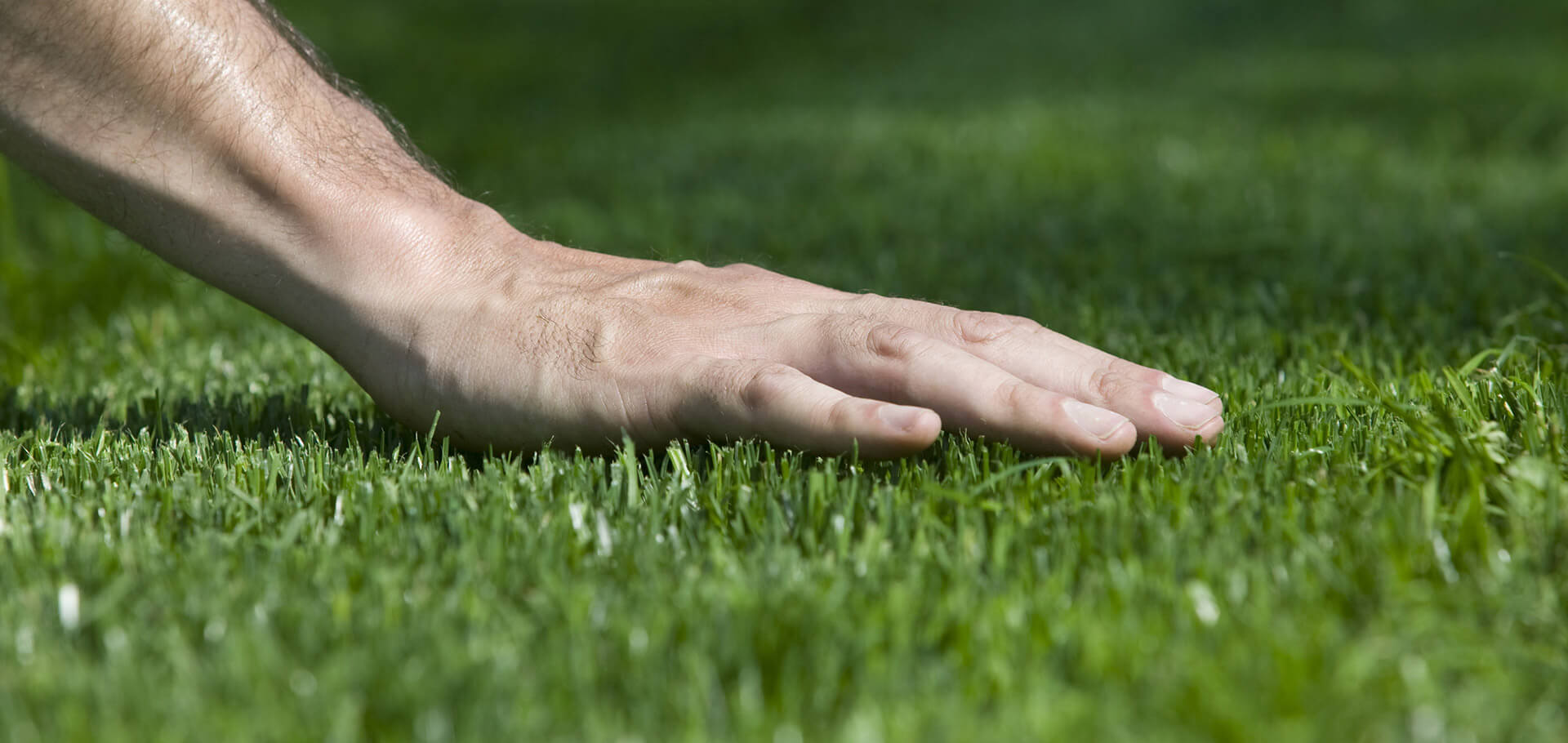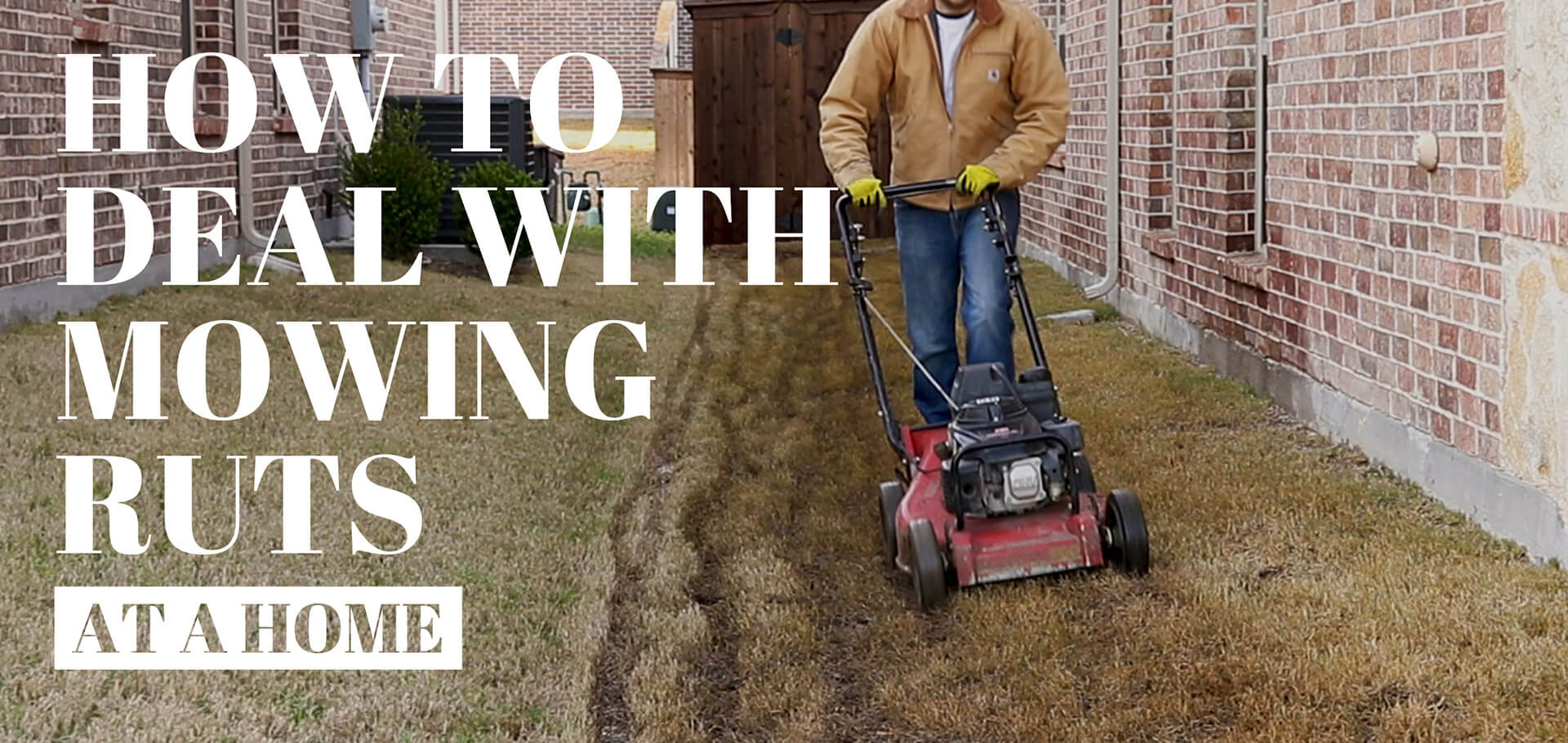We all know how truly hot it can get in Texas, with temperatures reaching triple digits you not only have to worry about protecting yourself from the sun, but also your grass. Though the majority of your lawn looks healthy, you may notice brown spots on the grass near the sidewalks. We will walk you through what could be causing those marks and how to deal with them to ensure you have the most pristine and beautiful yard.
Brown spotting in your yard is caused by three main issues: disease, insects and most commonly, heat stress. We’ll give you the tips to determine if it is the first two options and how to deal with heat stress since it is what we see the most in North Texas.
Identifying Disease Damage To Grass
If your grass has a disease, you will notice excessive amounts of browning as the grass is dying off. Look towards the roots of the grass and see if it is wet, with an almost milky look. If you notice these signs you are not dealing with heat stress, but a disease that is killing off your grass. You will want to get professional help immediately.
Identifying Insect Damage To Lawns
The next possible cause of browning in your yard is an insect infestation. Grubs or insects will eat the roots of your grass causing them to die off. A good way to test if bugs are causing the issue is by tugging on a handful of grass and seeing how easily it pulls up. If it tears out easily then bugs have been eating at the roots. However, if it takes a little effort to pull the grass, then it is healthy at its core and you are not dealing with a bug issue.
Identifying Heat Stress In A Yard
Once you have ruled out disease and insect infestation, it is time to decide if heat stress is causing the browning in your yard. You will usually see the effects of heat stress on the grass near the sidewalks and the street. This area is referred to as the parkway, and the hot concrete is transferring heat to the grass causing it to dry out quicker than the rest of the yard.
To keep your grass safe from the heat, make sure you are on a routine watering schedule. Also, during the summer months, it is a good idea to water the parkways a little longer than the rest of the yard to keep it hydrated and give it less risk of drying out.
If you want to be sure you are preventing heat stress in your yard, work with your Chorbie specialist to plan a good watering schedule. Feel free to reach out to our team if you have any questions about heat stress in your yard.

